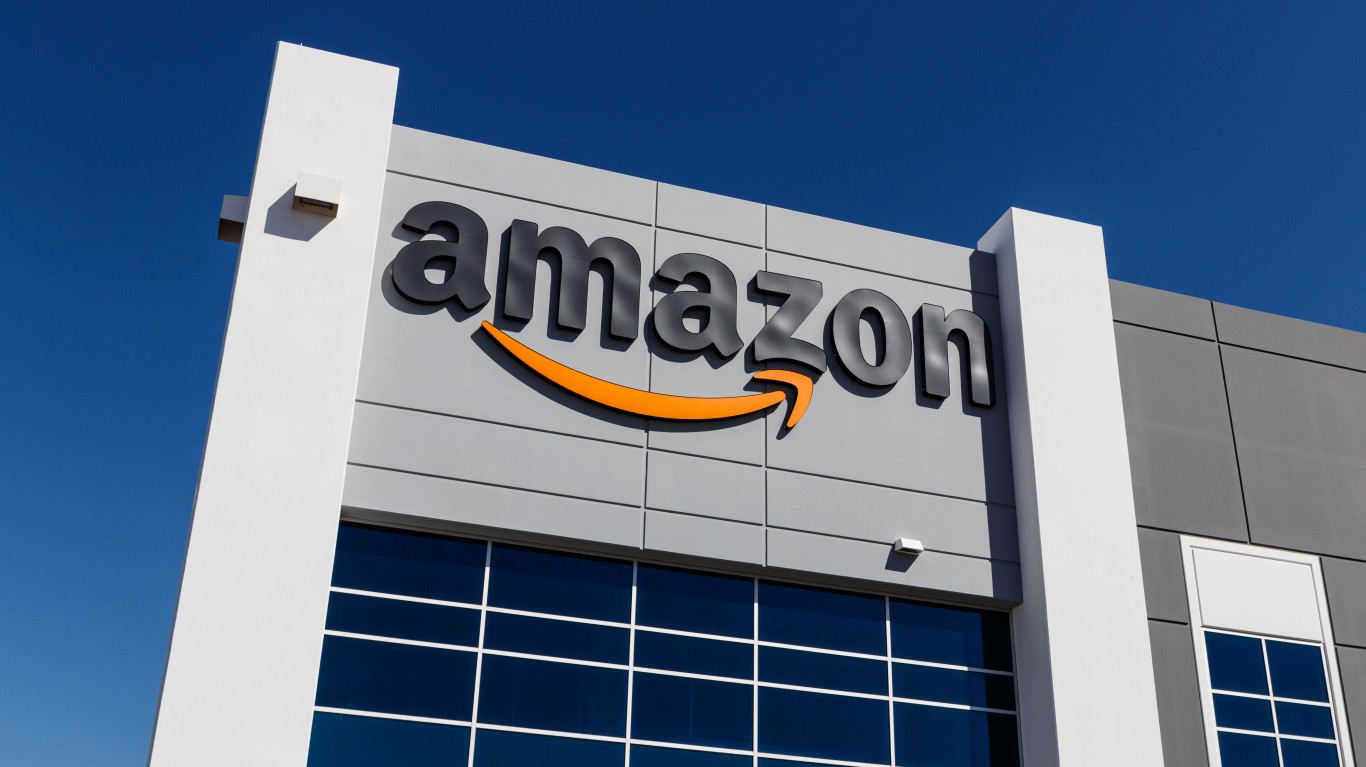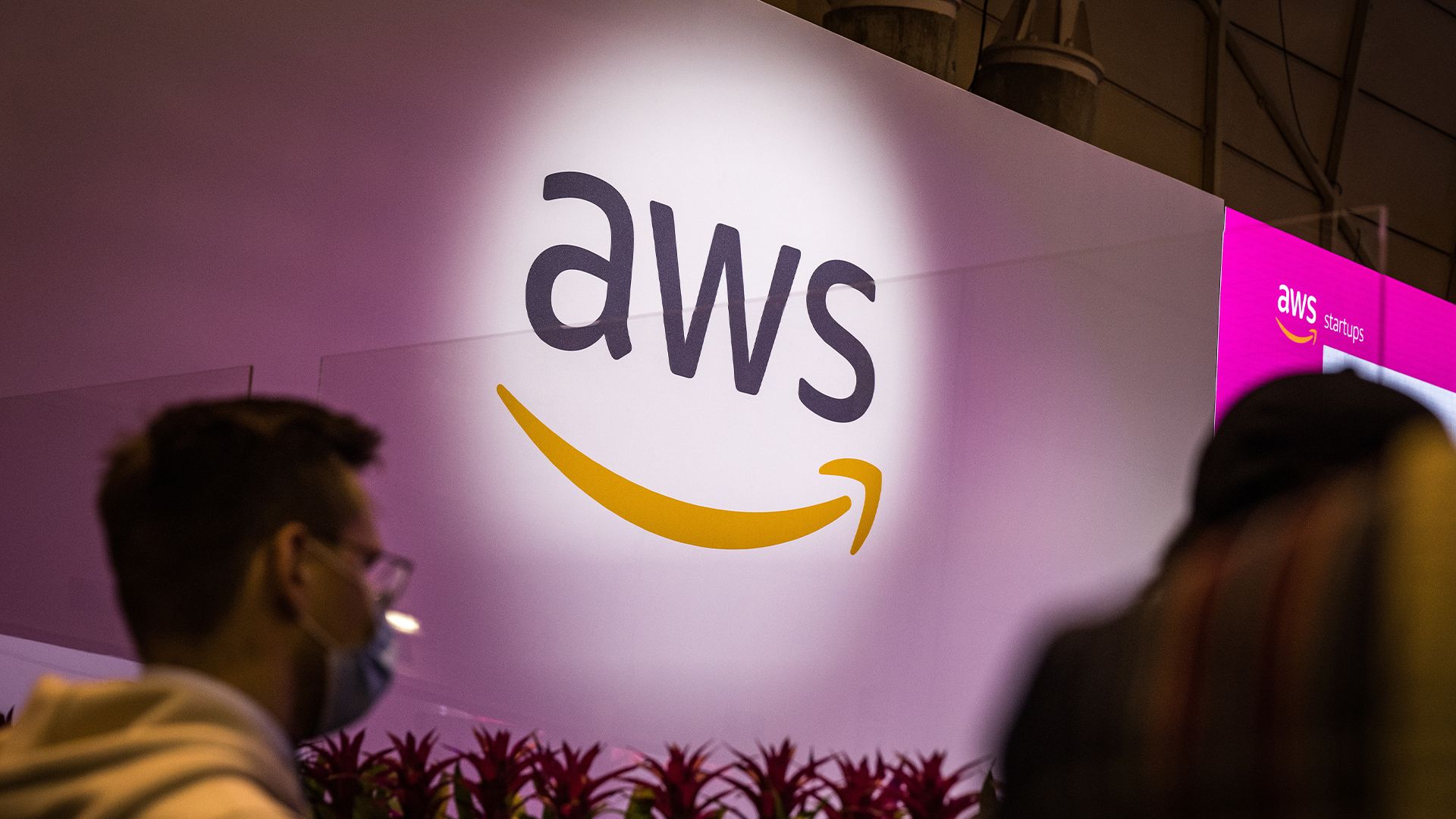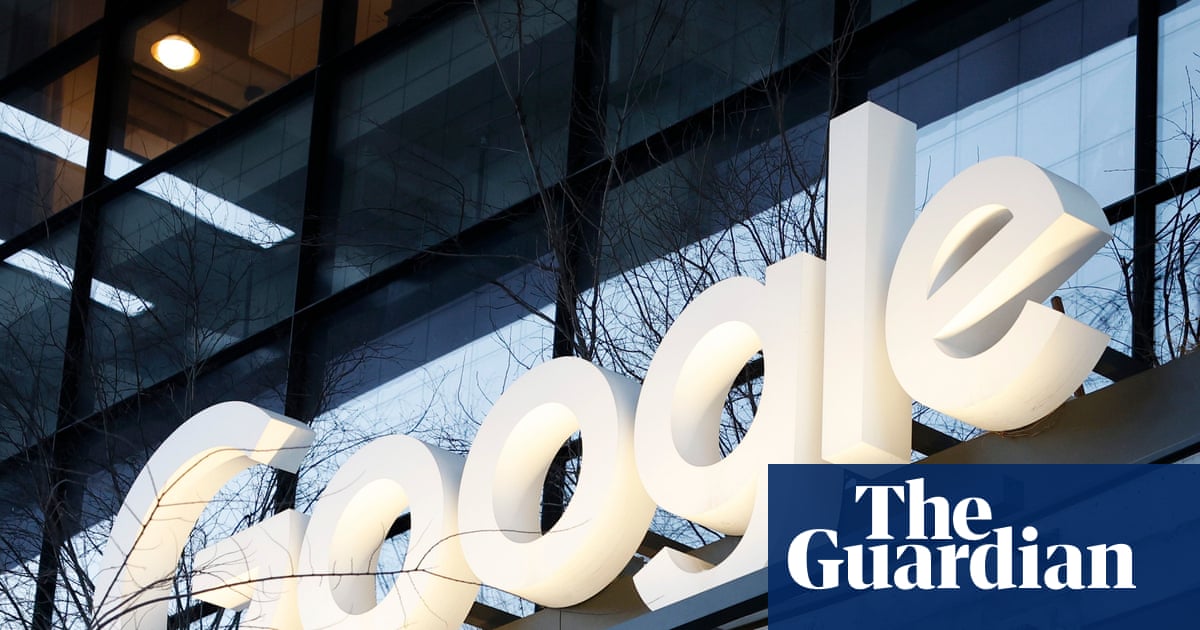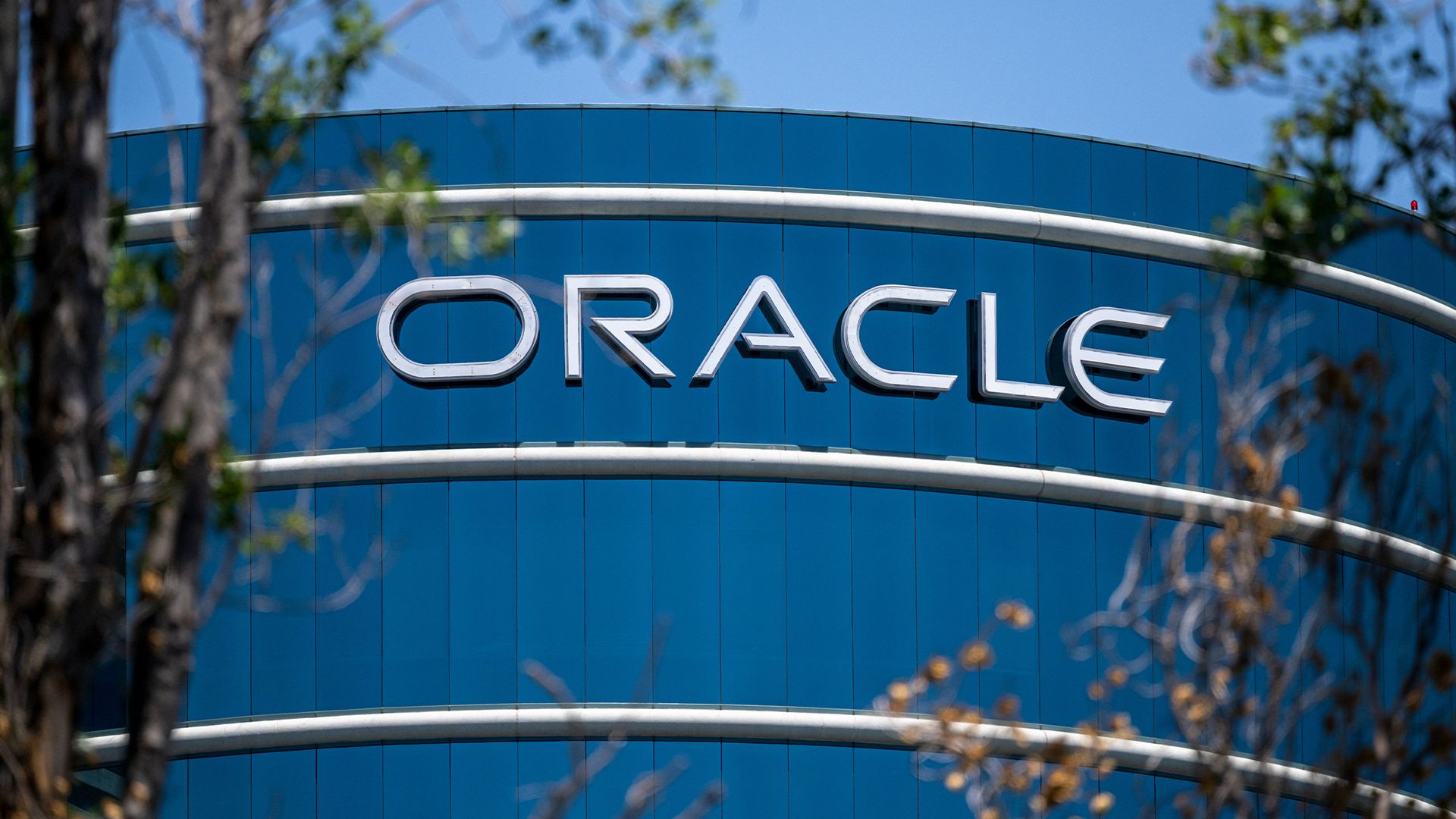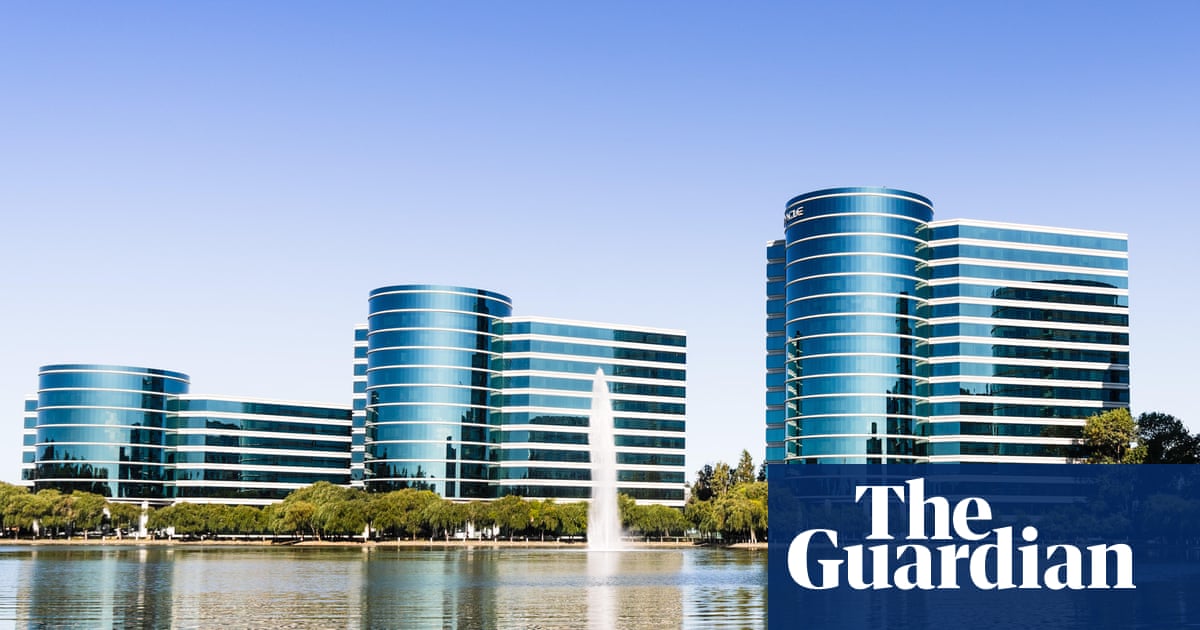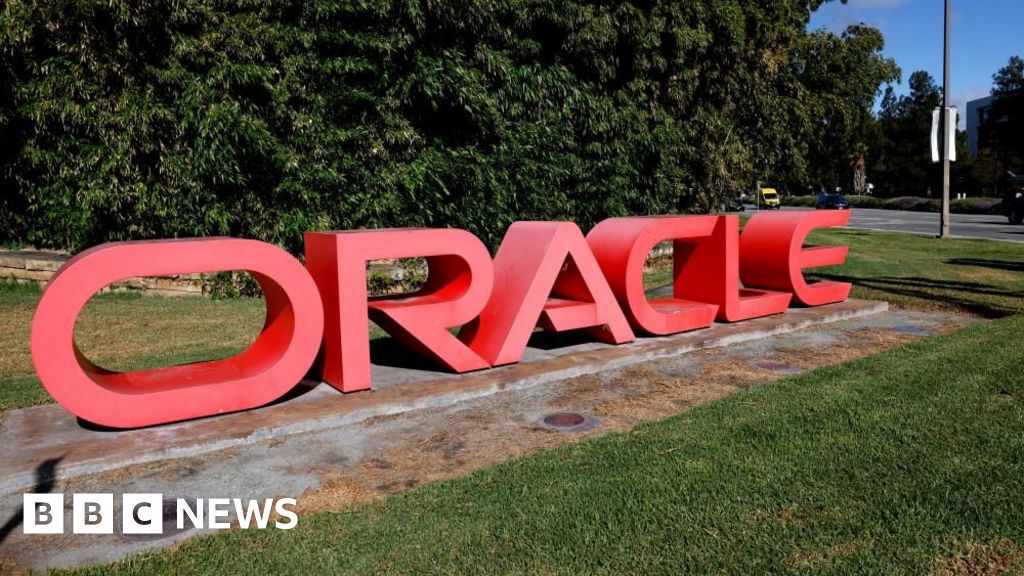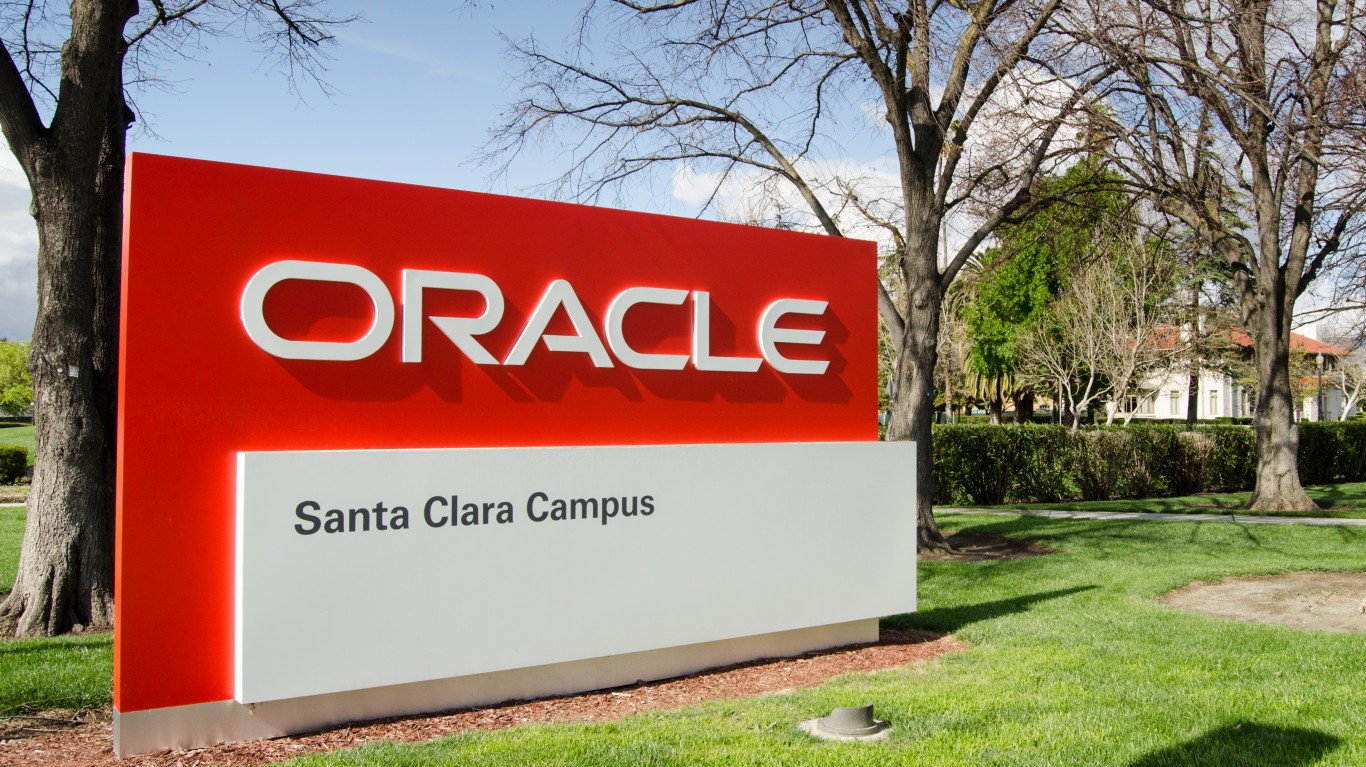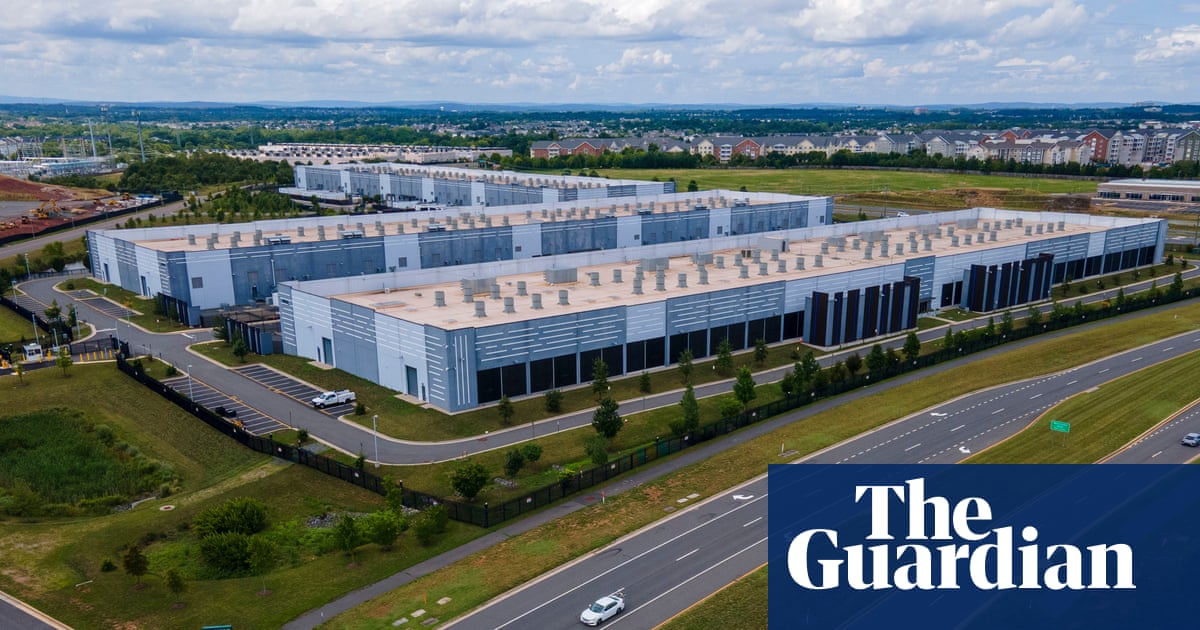#cloud-computing
#cloud-computing
[ follow ]
#artificial-intelligence #amazon #ai-infrastructure #microsoft #alphabet #aws #digital-advertising #oracle
from24/7 Wall St.
1 week agoWhy Did Buffett Dump Amazon?
In his final quarter as CEO of Berkshire Hathaway ( NYSE: BRK-B), Warren Buffett reallocated his technology holdings. In the process, he sold 75% of his Amazon (NASDAQ: AMZN) position, according to Bloomberg. He has held the stock since 2019. Buffett also reduced his investment in Apple ( NASDAQ: AAPL | AAPL Price Prediction), a move he has made for several quarters. Like many of the world's largest investors, Buffett does not always provide a rationale for buying or selling a stock.
Business
from24/7 Wall St.
2 weeks agoWCLD Down 30% as Growth Investors Finally Get Cold Feet About AI Spend
Cloud computing stocks are trading like they've hit a wall. WisdomTree Cloud Computing Fund ( NASDAQ:WCLD) dropped 30.5% over the past year to $28.60, a stark reversal from the sector's pandemic-era dominance. This divergence from the S&P 500 ( NYSEARCA:SPY)'s 14.4% gain reflects investor skepticism about whether emerging cloud software companies can maintain their business models as AI reshapes the technology landscape.
Artificial intelligence
fromLondon Business News | Londonlovesbusiness.com
1 month agoStrategic crypto investing today: Investor SJMine with AI-powered market intelligence - London Business News | Londonlovesbusiness.com
The crypto market is no longer being dictated by speculation and trends of trading in the short run. With the evolution of digital assets, investors demand more structured, data-driven and technology-supported strategies that are more stable, transparent, and have long-term potential. With all these changes, platforms with built-in artificial intelligence, cloud computing, and high-end hashing infrastructure are altering the way crypto participation operates.
Artificial intelligence
EU data protection
fromComputerWeekly.com
1 month agoAuditing, classifying and building a data sovereignty strategy | Computer Weekly
Data sovereignty requires controlling data location and movement, auditing and classifying data, and implementing legal and technical controls to prevent foreign access and ensure compliance.
Privacy technologies
fromwww.computerweekly.com
1 month agoTop 10 police technology stories of 2025 | Computer Weekly
UK policing expanded data-driven technologies—permanent live facial recognition, predictive policing and cloud use—prompting Home Office consultation, legal-change concerns and scrutiny of data-sharing and AI.
fromBusiness Insider
1 month agoAI won't hollow out white-collar jobs, it will fuel growth - says Box CEO Aaron Levie
To explain why, Levie pointed to economist William Stanley Jevons. In 1865, Jevons observed that more efficient steam engines didn't curb coal use in England but drove it higher, as cheaper energy fueled new industries - a dynamic now known as the Jevons paradox. Levie said the same pattern has repeated itself in computing, with each major wave of cheaper technology - from mainframes to minicomputers to PCs - dramatically expanding adoption.
Artificial intelligence
fromWIRED
1 month agoBillion-Dollar Data Centers Are Taking Over the World
When Sam Altman said one year ago that OpenAI's Roman Empire is the actual Roman Empire, he wasn't kidding. In the same way that the Romans gradually amassed an empire of land spanning three continents and one-ninth of the Earth's circumference, the CEO and his cohort are now dotting the planet with their own latifundia-not agricultural estates, but AI data centers.
Data science
fromThe Motley Fool
2 months agoAlphabet Has Another Hidden Asset, and Its Value Is About to Go to the Moon in 2026 | The Motley Fool
Alphabet is best known for Google, which is the most dominant search engine on the planet. Google commands an approximate 90% market share in search, in large part due to the distribution advantages it has. The company owns both the world's leading web browser in Chrome and the No. 1 smartphone operating system in Android. Alphabet also has a search revenue-sharing deal with Apple to be the default search on all its devices.
Artificial intelligence
fromTechCrunch
2 months agoAmazon reportedly in talks to invest $10B in OpenAI as circular deals stay popular | TechCrunch
Amazon is in early discussions to invest as much as $10 billion in OpenAI in a deal that would see the AI lab using the e-commerce giant's AI chips, CNBC reported. If it materializes, the deal would value OpenAI at more than $500 billion, Bloomberg reported, citing an anonymous source. Amazon has been looking to diversify its bets in the AI race, which has so far seen it partner up and invest $8 billion in Anthropic, a rival to OpenAI.
Artificial intelligence
fromThe Motley Fool
2 months ago2 Brilliant Growth Stocks to Buy Now and Hold for the Long Term | The Motley Fool
Long-term investing offers many benefits, including tax advantages, compounded returns, and the ability to disregard short-term market fluctuations, which can cause stress and lead to panic selling. These advantages obviously work optimally when investors pick the right stocks to put their hard-earned money in. And with hundreds of choices, it can be challenging to separate those that are worth serious consideration and those that aren't.
Business
fromBusiness Insider
3 months agoAlibaba's CEO says he doesn't see 'much of an issue' with an AI bubble and plans to invest 'aggressively'
The CEO of the Chinese tech giant, Eddie Wu, said on Alibaba's second-quarter earnings call on Tuesday that the company "doesn't really see much of an issue in terms of a so-called AI bubble." "We're not even able to keep pace with the growth in customer demand," Wu said, adding that the pace at which Alibaba can deploy new servers is insufficient. "In the next three years to come, AI resources will continue to be under supply," he said.
Artificial intelligence
fromComputerworld
3 months agoSingin' the Agentic Windows blues
Once upon a time, when you ran Windows on your desktop, it was your desktop. Oh, the IT department might have called the shots on how much you could do with it, but you could write what you needed to, and it was all kept nicely on your PC or your choice of network drive. Those days are long gone.
Software development
fromComputerworld
3 months agoGartner: IT spending in Europe to increase 11% in 2026
US research firm Gartner predicts that IT spending in Europe will increase by 11% to a total of $1.4 trillion in 2026. Growth is expected to be driven by AI, cloud computing and cybersecurity, despite limited IT budgets and few new hires. Spending on generative AI is expected to grow by 78%, while cloud investments will increase by 24% as companies increasingly move services to Europe for sovereignty reasons.
Miscellaneous
fromBusiness Insider
3 months agoThis big AI bubble argument is wrong
The big worry centers on GPUs, the chips needed to train and run AI models. As new GPUs come out, older ones get less valuable, through obsolescence and wear and tear. Cloud companies must use depreciation to reduce the value of these assets over a period that reflects reality. The faster the depreciation, the bigger the hit to earnings. Investors have begun to worry that GPUs only have useful lives of one or two years,
Artificial intelligence
fromwww.mercurynews.com
3 months agoMicrosoft partners with Anthropic and Nvidia in cloud infrastructure deal
This is all about deepening our commitment to bringing the best infrastructure, model choice and applications to our customers, Nadella said on a video call with the other two executives, adding that it builds on the critical partnership Microsoft still has with OpenAI.
Artificial intelligence
[ Load more ]


